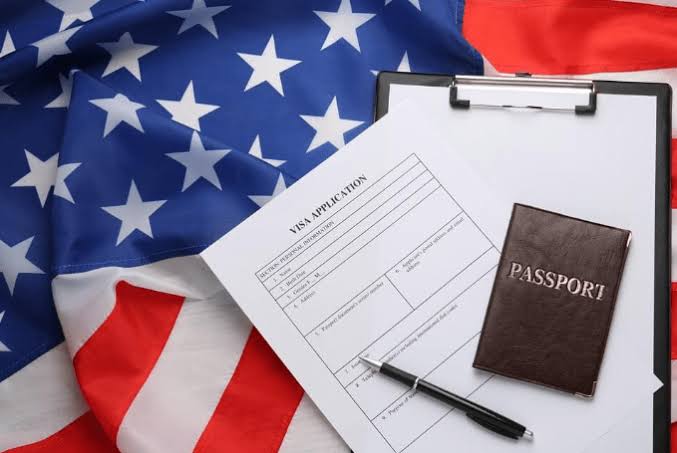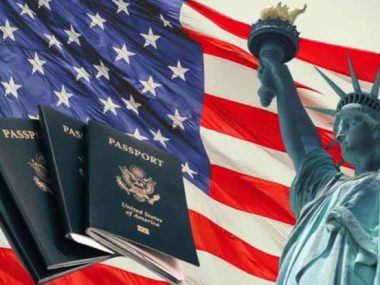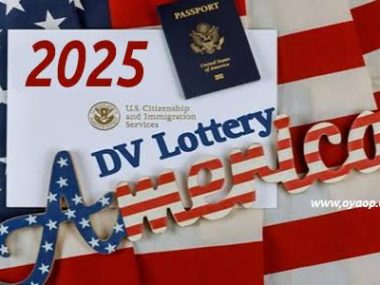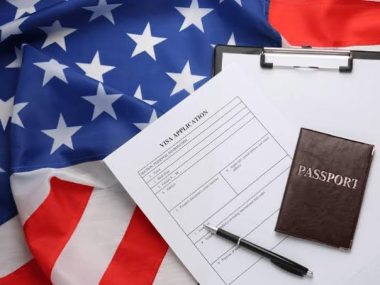No-Degree Business Development Jobs with Visa Sponsorship in the USA: An In-Depth Look
If you’re hoping to build a life in the United States but don’t have a university degree, you’re probably used to seeing doors slammed shut before you’ve even knocked. But is it really impossible to break through? Not always — especially in business development.
The US remains a magnet for international talent, from technical experts to entrepreneurial self-starters. And despite the tight visa rules and cautious employers, certain sectors still open their doors to candidates with no formal degree, if they can prove they’re the right fit in every other sense.
This guide isn’t a sales pitch. It’s an honest roadmap for those who want to know: Is there a viable path to a visa-sponsored business development career in the States without a degree? And if so, what does it really take to get there?
We’ll break down the roles that make sense, the skills employers genuinely care about, the visa routes you’d have to tackle, and the hidden pitfalls that catch out hopefuls every year. You’ll also hear real voices and insights that don’t sugarcoat the challenge.
Why Business Development Stands Out
First, let’s test the big idea: Why focus on business development? In the US market, it remains one of the rare functions where proven results, drive, and relationship-building can trump a diploma.
“Degree or not, the main question is: can you grow the top line?” says Lauren Schmidt, a senior hiring manager at a mid-size tech startup in Austin. “If you can bring in clients, close deals, and keep customers happy, we’ll talk.”
The fact is, US companies — especially those scaling fast — care deeply about performance. In industries like tech, franchising, or niche services, they’re more willing to bet on candidates who can demonstrate hustle and real impact.
But let’s not get ahead of ourselves. Companies that sponsor visas also shoulder costs, compliance, and paperwork. They need to justify bringing in a foreign national when a local hire could fill the same seat more easily. That means you need to stand out.
The Visa Sponsorship Puzzle: The Big Assumption
Too many people assume “I’ll get the job first, the visa will follow.” It doesn’t always work that way.
A US employer can’t sponsor just any role. For most foreign professionals, the main route is the H-1B visa, which generally requires a “specialty occupation.” This means the job must normally demand a bachelor’s degree or higher in a specific field.
This is where business development is tricky. Unlike engineering or finance, it’s rarely classified as a specialty occupation.



